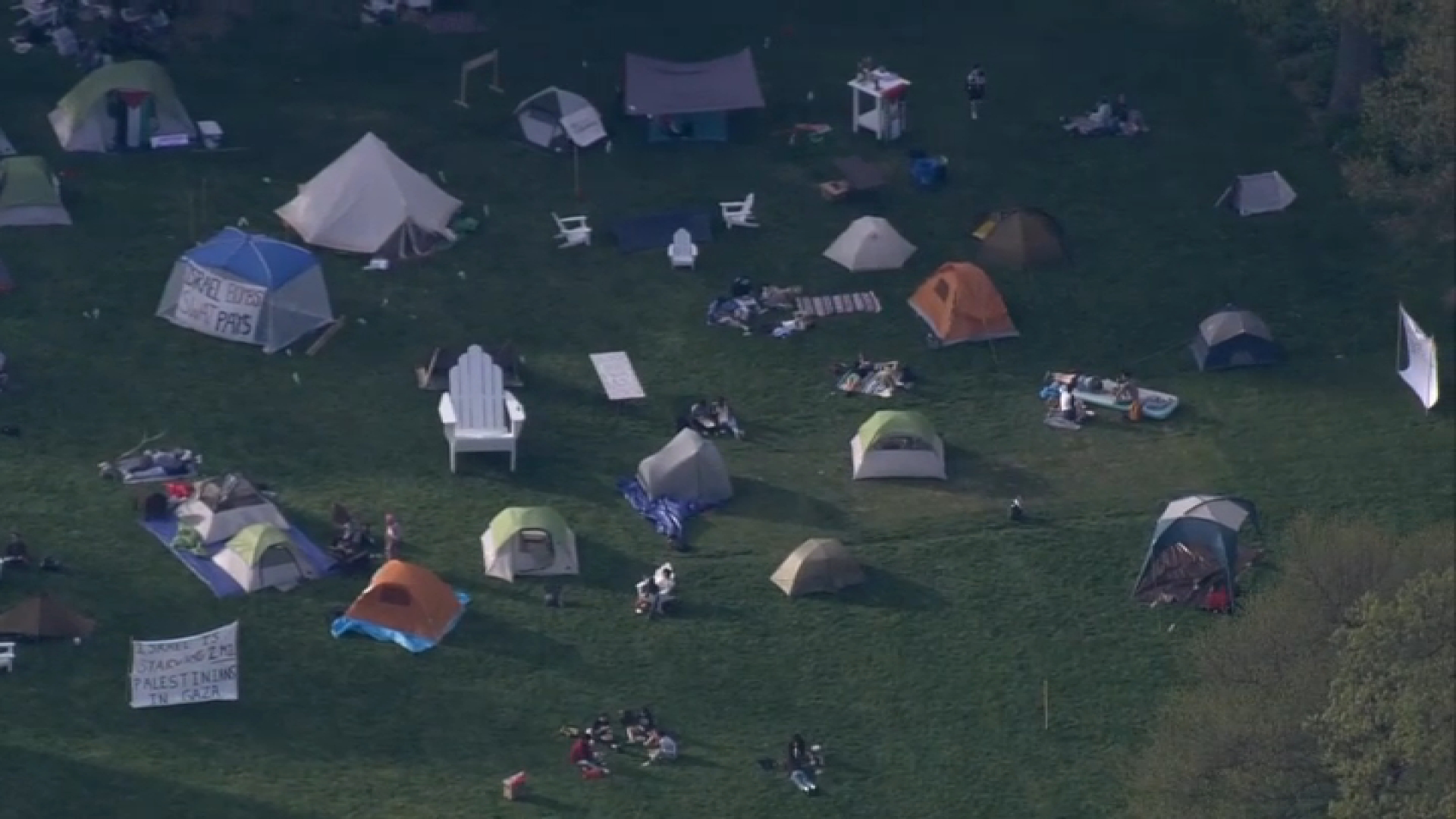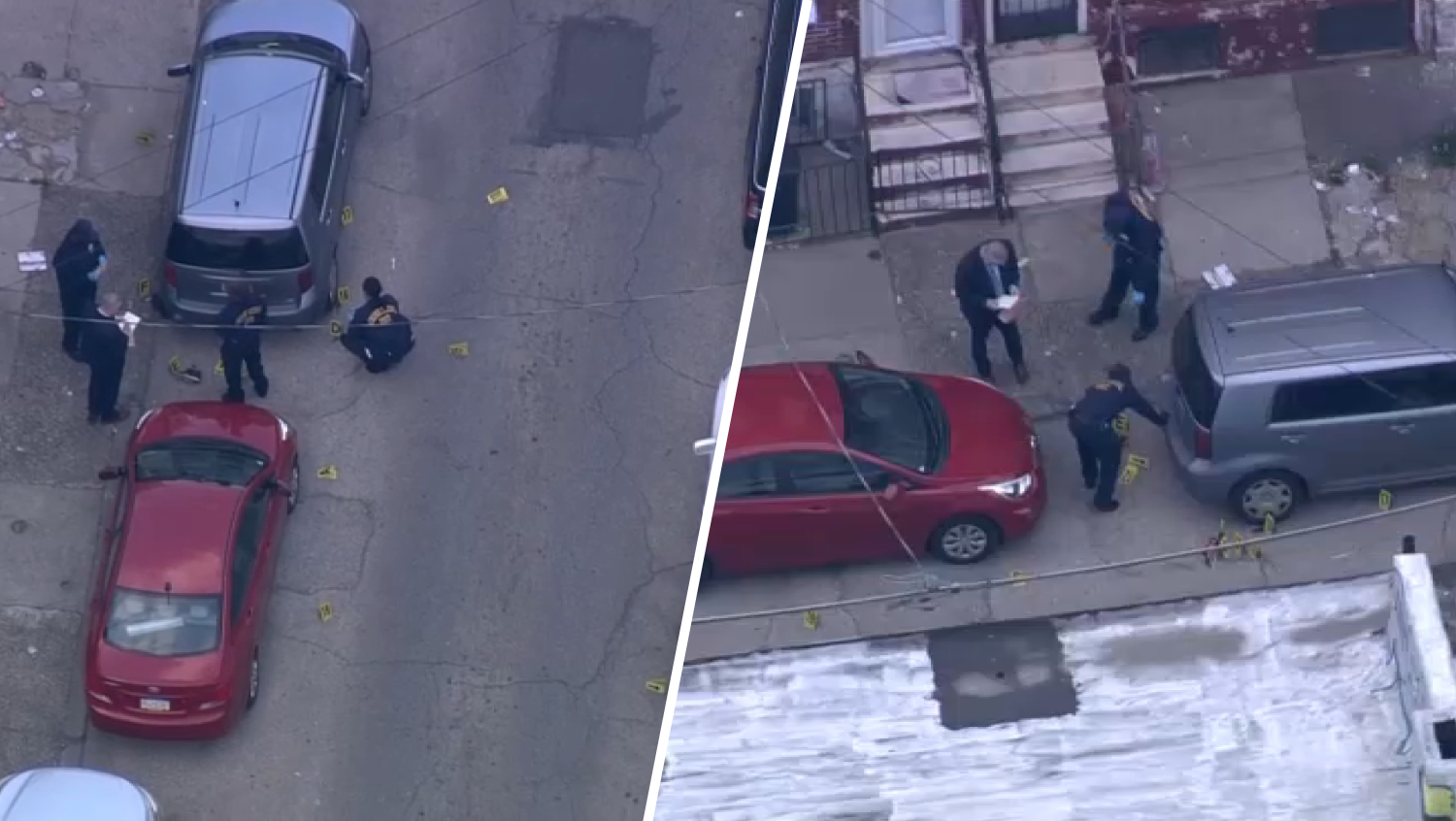The City of Philadelphia will receive another 3,500 vials of monkeypox vaccine, city, state and federal leaders announced Monday as they vowed more equitable distribution of the shots.
The city has placed an order for a 1,120 tranche of vaccines and will be able to order more once it uses up 85% of the first tranche, Philadelphia Department of Public Health Commissioner Dr. Cheryl Bettigole said Monday. She was joined by Pennsylvania Physician General Dr. Denise Johnson, U.S. Health and Human Services Regional Director Dr. Ala Stanford and state Rep. Malcolm Kenyatta.
The announcement comes as city data show unequal distribution of the vaccine. As of Aug. 22, 57% of vaccines had gone to white people, even though Black people made up 56% of infections. Only 23% of vaccines have gone to Black Philadelphians, according to the data.
One of the obstacles preventing more equitable vaccine distribution is a lack of federal funding, Bettigole said. This lack of funds has made it difficult for the department to give money to “trusted partners” within communities to provide vaccines, she said, echoing what she told NBC10 in an interview last week.
Get Philly local news, weather forecasts, sports and entertainment stories to your inbox. Sign up for NBC Philadelphia newsletters.
"We are government, we are health care, we are not the most trusted messengers of this vaccine. So, what we’ve come to realize is that if we want to get to those equitable numbers – and we’re really committed to getting there – we have to have funding for this,” Bettigole said Monday.
In the meantime, the health department has identified funds within its budget that will go toward community grants so that trusted messengers can set up their own clinics to “get this vaccine into the arms of the people at highest risk,” Bettigole said.
The local funds are not enough to “do what needs to get done,” so the health department will continue to advocate for federal dollars, she added.
Local
Breaking news and the stories that matter to your neighborhood.
Bettigole said the health department will be administering the vaccine intradermally, under the top layer of the skin, after the Food and Drug Administration allowed the practice of reducing doses per vaccine in an effort to give shots to more people.
“We do believe that approach is going to be safe and effective and, importantly, let us reach the broader community of people at high risk who need vaccination,” Bettigole said.
Monkeypox spreads through “close, personal, often skin-to-skin” contact, including touching objects, fabrics and surfaces used by someone infected with the virus, according to the Centers for Disease Control and Prevention. The virus presents itself as a rash and causes symptoms like fever, chills, swollen lymph nodes and muscle aches. Many in the outbreak have developed extremely painful zit-like bumps.
The U.S. has the most infections of any country — more than 14,000.
The CDC has said monkeypox is not a sexually transmitted infection and that its spread through sex is a biproduct of the skin-to-skin contact that happens during intercourse. However, new research suggests that sex between men could be a driver of infections, particularly through seminal fluids exchanged during oral and anal intercourse.
About 98% of U.S. cases are men and about 93% were men who reported recent sexual contact with other men. However, the CDC warns that the virus can also infect women and can spread through vaginal contact, and that anyone can be infected, regardless of gender or sexual orientation.
One of the steps officials are suggesting to prevent spread of the virus is temporarily limiting the number of one’s sexual partners.
Kenyatta, the Pennsylvania state representative, warned against stigmatizing mokeypox as a “gay disease.”
“This is not a gay disease. It is not a gay disease. It can impact anybody,” said Kenyatta, who is the first openly gay person of color to join the Pennsylvania statehouse.
Monkeypox is endemic in parts of Africa, where people have been infected through bites from rodents and other small animals, but it wasn’t considered a disease that spreads easily among people until May, when infections emerged in Europe and the U.S.
There have been more than 39,000 cases reported in countries that have not historically seen monkeypox. No one in the U.S. has died, but deaths have been reported in other countries.



